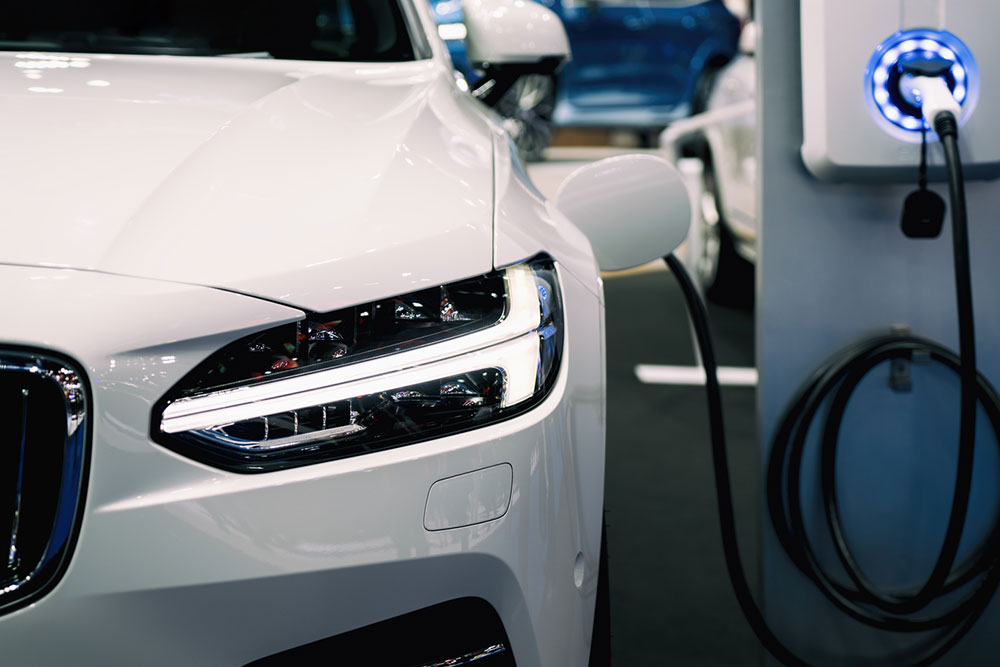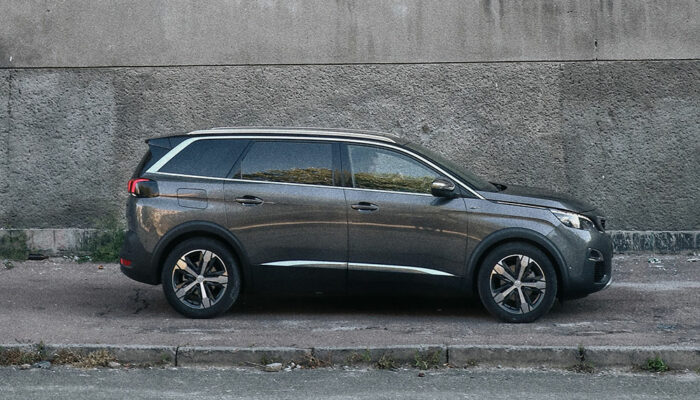5 mistakes to avoid when buying an electric SUV

Over the past few years, electric SUVs have gained significant popularity, and for good reason. Electric vehicles, or EVs, are better for the environment than conventional cars. Additionally, they are known to be more efficient with low long-term costs. However, purchasing an electric SUV comes with its pitfalls, which can often prove quite expensive in the future. To avoid such a situation, here are some common mistakes to watch out for when buying electric SUVs.
Not exploring incentives
Buying an electric SUV gives access to a lot of incentives. For example, the federal government provides tax credits of over $7,000. However, if a car buyer does their research beforehand, they will find that this tax credit applies only to the first 200,000 EVs of a car manufacturer. If someone purchases an electric SUV from a well-known automaker, they will not be eligible for a federal tax credit. However, the state or the electric company may still provide certain programs that offer significant tax credits, cash rebates, reduced vehicle taxes, and exemptions on the electric SUV. Therefore, it is always advisable to research the various incentives while buying an electric SUV.
Not researching charging options
Many people buy an electric SUV without access to charging points or public charging networks. This is one of the biggest blunders that can be easily avoided. If one has their own house, simply installing an adequate charging point will do the trick. But for renters and those living in apartments, check if the building has installed chargers. Also, check for public charging networks in the neighborhood and if they will be compatible with the electric SUV one has decided to buy.
Not knowing the range
One of EV owners’ many concerns is that their cars may run out of charge in the middle of the road. Charging it up and rerunning it can be a hassle. Therefore, it is essential to check whether the range of the electric SUV is compatible with one’s requirements. For example, if one needs an SUV for long commutes, one must buy a car with a more extended range. This means the SUV has to remain charged for the entire commute and back home.
Ignoring repair expenses
The fact that an electric SUV does not require fuel has many people often overlooking the various repair expenses. This mistake usually occurs when people assume that EVs are completely different from conventional cars. While EVS run on electricity and have some differences, they break down and require maintenance like any other car. The repair expenses for an electric SUV may be more than a regular SUV because the required skills, parts, and tools are still new. Since very few technicians are skilled at repairing electric SUVs and replacement parts are expensive, the cost often increases.
Overlooking warranty of the battery
SUVs are known for their powerful engines. Therefore, the batteries must be strong enough to sustain the promised range and power when it comes to electric SUVs. Additionally, the battery of an electric SUV must have a warranty that lasts longer than the projected life of the vehicle. Typically, the warranty should be between eight and ten years or more.





